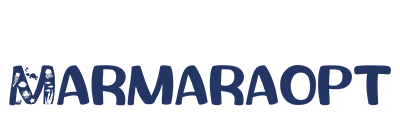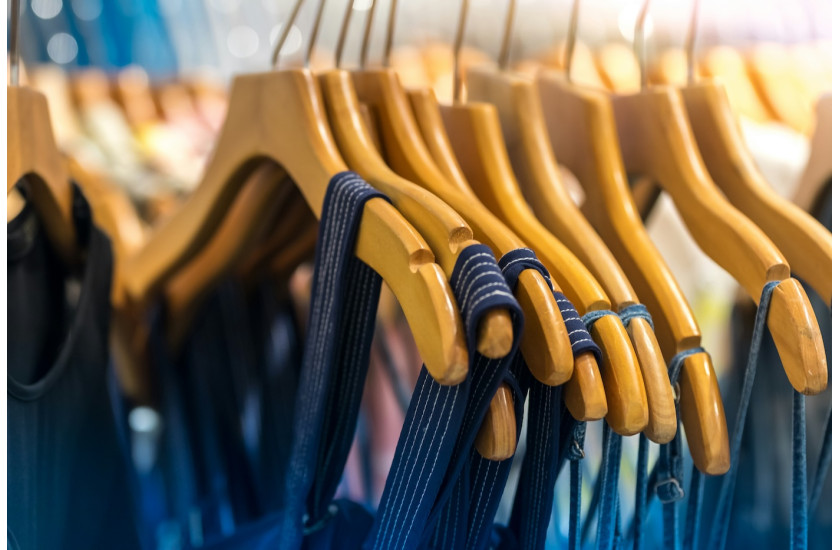How to Choose Quality Wholesale Children’s Clothing for Stores
- 17.10.2024
- Manufacturer: Manufacturers
Introduction
Quality children's clothing is the foundation of a successful retail business in this segment. When it comes to children, buyers always pay special attention to the quality, safety, and durability of the materials. Therefore, choosing the right supplier is a key factor in achieving success. Retail store owners must ensure they offer their customers the best products, and selecting a reliable wholesale supplier can significantly impact customer trust and repeat sales.
In this article, we will discuss how to choose a reliable supplier of children's clothing for retail stores, focusing on Middle Eastern markets. We will consider the criteria for selecting quality clothing, supplier reliability, and the specifics of working with international markets.
1. Quality of Fabrics – The Key to Durability
The first thing to pay attention to when choosing children's clothing is the quality of the fabrics. Children have very sensitive skin, so materials should not only be soft but also hypoallergenic to avoid irritation or allergic reactions.
The best choice for children's clothing is cotton. It provides breathability, retains heat, and at the same time allows the child’s skin to breathe. Organic fabrics, such as organic cotton, are especially valuable as they do not contain harmful chemicals and are eco-friendly. There are also fabric blends that add strength to the clothing, but it is important to check that synthetic components do not dominate the material.
To determine fabric quality when purchasing in bulk, it is recommended to order samples and test them. For example, quality cotton should feel soft to the touch and not cause any discomfort when in contact with the skin. It is also important to study the manufacturing technology – the fabric should retain its appearance after washing and withstand frequent use, which is particularly relevant for children's clothing.
2. Certification as a Safety Guarantee
Safety is the top priority for any parent. Therefore, when choosing a supplier of children's clothing, it is crucial to ensure that the products have all the necessary quality and safety certifications.
One of the most common international standards is Oeko-Tex Standard 100, a certification that confirms the absence of harmful chemicals in fabrics. Another important certification is GOTS (Global Organic Textile Standard), which ensures the ecological purity and organic origin of materials.
Checking the availability of certifications from the supplier will help you avoid unpleasant situations with low-quality or dangerous products. Before placing a large order, it is worth asking the supplier to provide copies of the certifications. This is especially important when entering new markets, such as those in the Middle East, where strict safety requirements for children's products exist.
3. Reliability of Suppliers: How to Check?
Starting a partnership with a new supplier is always a risk, especially in international trade. To avoid problems, it is important to carefully check the supplier's reputation.
The first thing to look at is experience in the market. Reliable suppliers have a long history of successful transactions and positive feedback from other clients. Study how long the company has been in your industry and which brands or stores already work with them. Reviews on B2B platforms or business directories can be a good source of information.
The second important criterion is the terms of cooperation. Clearly define all aspects related to delivery, payment, returns, and warranties. A reliable supplier always offers transparent conditions and is open to dialogue. Long-term cooperation is built on mutual trust and stability, so it is worth looking for partners interested in long-term relationships.
4. Specifics of Working with Suppliers for the Middle East Market
The Middle East market has its unique characteristics, which should be taken into account when working with wholesale suppliers. One such feature is the demand for traditional clothing, particularly products that match local cultural preferences. It is important to offer a range that meets the demand for both modern and traditional styles.
In addition, specific requirements for customs documentation and logistics must be considered. Delivering goods to Middle Eastern countries may require additional permits or certifications, so it is important to discuss these points with the supplier in advance. Furthermore, the supplier should have experience working in this market and understand the nuances of adapting products to local conditions.
Conclusion
Choosing the right wholesale supplier of children's clothing is the key to the successful operation of a retail store. It is important to pay attention to fabric quality, certification, and the supplier's reputation. For the Middle Eastern market, it is important to consider cultural features and the specifics of logistics. Long-term partnerships with reliable suppliers will not only ensure your store is stocked with quality products but also help build a successful international business.


